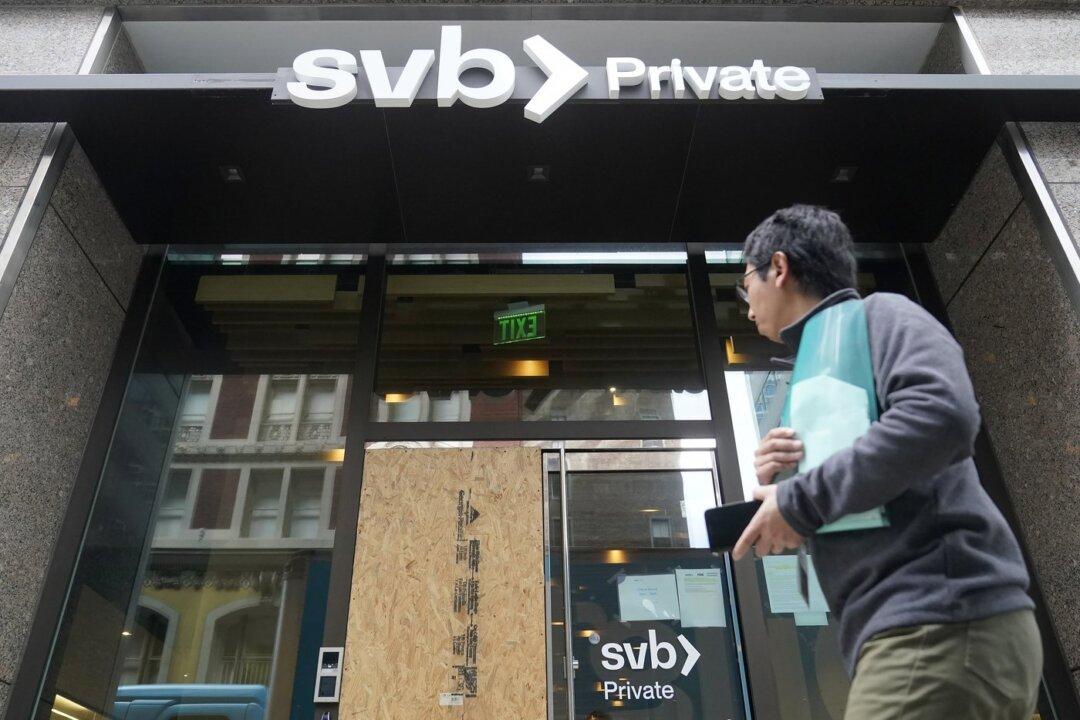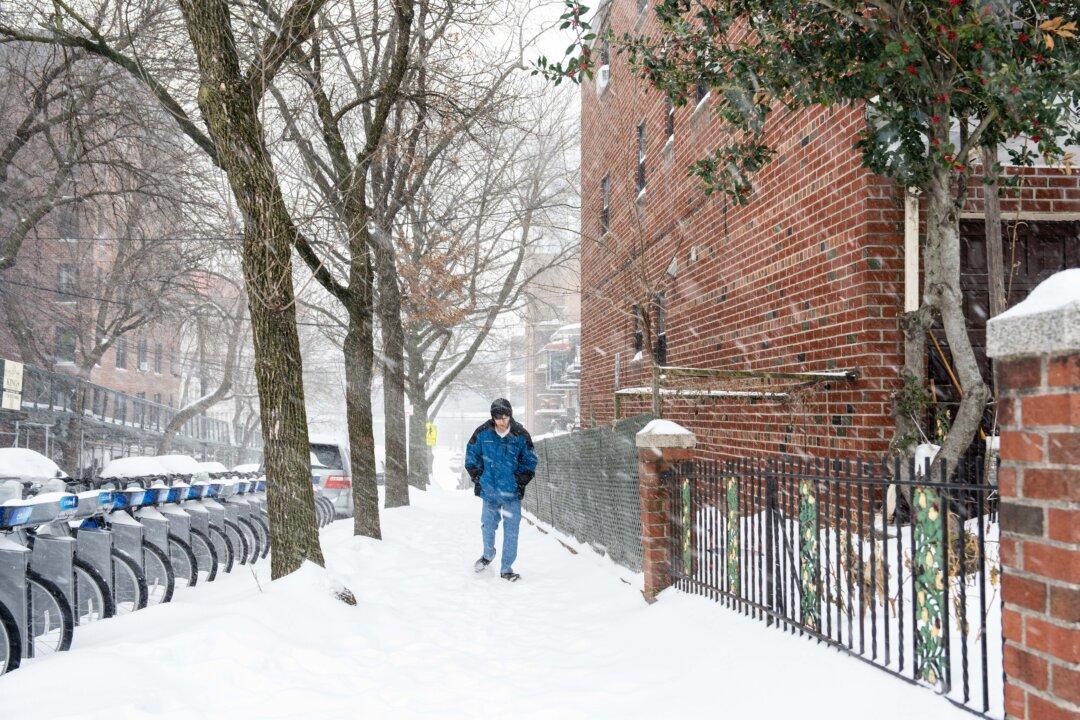The nation’s largest banks could face billions in “special assessments” to recover the costs of bailing out uninsured depositors at Silicon Valley Bank (SVB) and Signature Bank, the Federal Deposit Insurance Corp. (FDIC) has proposed.
In order to bail out SVB and Signature in March, the FDIC invoked the “systemic risk exception,” allowing it to cover all bank deposits, including uninsured accounts that exceeded the $250,000 limit. However, under the law, the FDIC is required to recover the costs of the bailouts by slapping a special assessment on banks.





